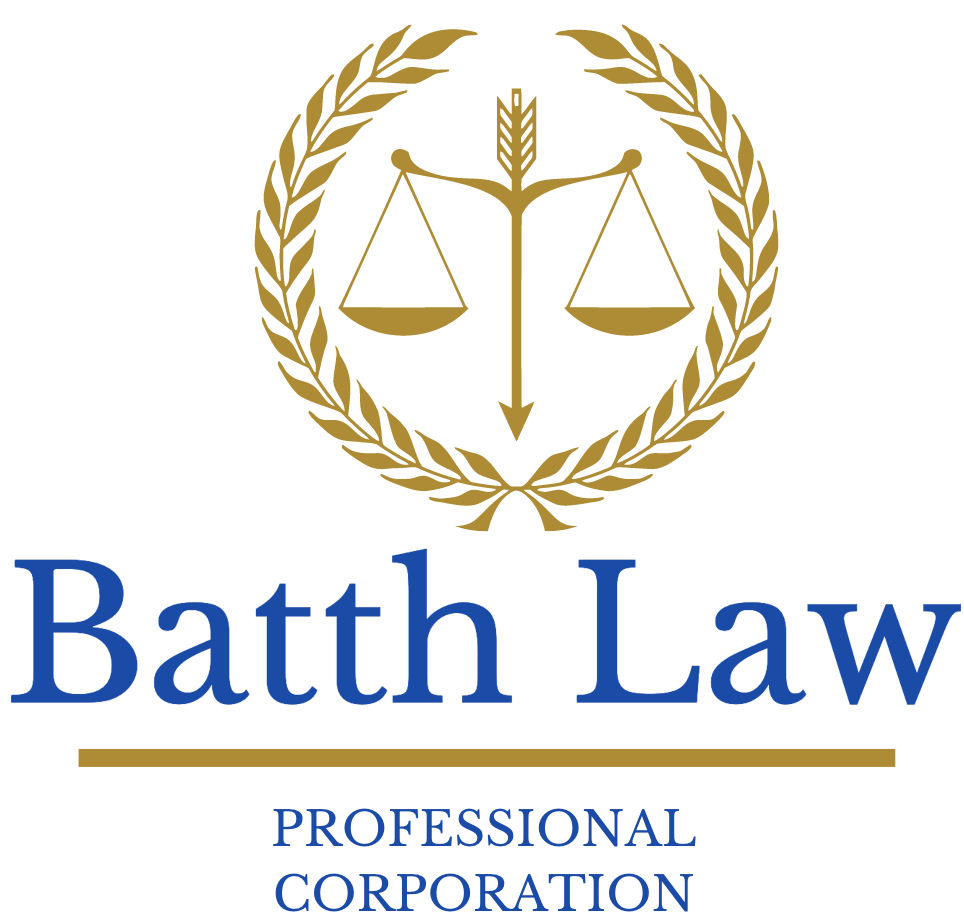Commonly Asked Questions
How do I choose a lawyer right for me?
At our first meeting, you will be explained what to expect with us and the process. You will then choose to retain us at the end of the meeting or within a time frame. This first meeting is intended to familiarise the clients with us and our services.
You should always choose a lawyer with who you feel comfortable sharing sensitive information and with who you can have open communication.
The best lawyer for you will be someone you feel most comfortable working with and someone you feel can solve your legal problem both efficiently and effectively. Contact Rose today!
How much will it cost?
There is no fixed price or rate for every case. It depends on the area of law, complexity of the case and length of the case. In immigration matters, we usually operate on a case by case basis depending on the complexity of your case. In wills, real estate & some immigration matters, we usually charge flat fee depending on the matter.
For government fees on immigration matters, you can refer to this website: https://www.cic.gc.ca/english/information/fees/fees.asp#permanent
(Retainer is money paid upfront which gets put into a trust account—only released when the client gets billed for services etc. you may need to re-fill the retainer if exhausted. Retainer can be hourly or block/flat fee or a combination of both. Flat fee is pre-determined amount for services).
** To make a payment, we accept e-transfer. We also accept cash (up to $7,500.00) and cheque. **
How long will it take?
There is no fixed time for any case. We strive to deliver the best outcome as quickly as we can—to save you time and money. We aim for the most efficient turn-around time for the client.
What’s the difference between a Lawyer and a Consultant?
Immigration Lawyers are much more experienced. They are required to go through years of schooling, including an undergraduate degree, a professional degree, bar exams and an internship or articling with a firm before they can become licensed. Immigration lawyers are also able to attend immigration interviews with you, and can advocate for your application in a Canadian court if your application is brought under Judicial Review.
Immigration consultants take a 6-month course and are not required to have an undergraduate degree. Immigration consultants can legally represent you but only lawyers are allowed to advocate on your behalf in federal court.
Avoid Fraud, only LAWYERS, registered consultants, paralegals and notaries registered with Chambre des notaires du Québec can CHARGE you $ for filing documents: Immigration lawyers have an LSO# that can be found here https://lso.ca/public-resources/finding-a-lawyer-or-paralegal/lawyer-and-paralegal-directory Immigration Consultants have an ICCRC# and can be found here https://iccrc-crcic.ca/find-a-professional/
Can’t I draft my own wills? I saw a kit online.
Yes, you can draft your own will. It is not recommended, though, as saving a few bucks now can be costly down the road.
You risk creating problems when your estate is administered. Not to mention the increased legal fees that your heirs will pay. Remember that you’re not doing this for yourself but for your loved ones.
What is Title Insurance? Do I need it?
Title insurance is a common part of real estate law. Title insurance is a form of insurance used to insure a buyer and their lender against loss or damage due to title defects. The word “title” is used to describe legal ownership of a property and the phrase “title defect” is used to describe anything registered on title that doesn't give the owner clear title to the property. “Clear title” simply means there are no liens, writs, or notices of security interest (or certificates of pending litigation) as a result of previous owners on the title documents.
While title insurance is not mandatory in Ontario, real estate lawyers must advise their clients of it as an option to purchase. Title insurance is a one-time payment (called a “premium”) and its coverage lasts for as long as you own the property.
What is the Canadian Equivalent of Apostille?
Because Canada does not have Apostille certification, public documents must undergo a three step process of 1.notarization, 2.authentication, and 3.legalization in order to be usable in foreign countries.
Notarization, Authentication, and then Legalization is a process designed to relieve foreign authorities from the burden of having to verify the authenticity of the documents with which they are presented. In other words, the person who wants to use a Canadian public document outside Canada must have some official proof from that the document is an authentically legal document before he or she presents it to a foreign court or other authority.
The steps for Canada to India notarization (such as for Power of Attorney for property) is:
We notarize your document, you get authentication done from the Ministry.
BLS Canada authenticate’s the document (in Toronto for Ontarians, check your provincial process)
D.C. Office in India legalizes the document
*may be sent to a provincial authority before BLS.
What if I want a divorce from my spouse who does not live in Canada?
You can still get a divorce in Ontario if you have been living in Ontario for at least a year (or your spouse has) provided that you meet the requirements for divorce. We also initiate proceedings where one party is in India and cannot be served regularly. Book a consultation with us today to discuss your options!
The Information on this page is not to be taken as legal advice. It is intended for the sole purpose of education and should be supplemented with professional legal advice or thorough research.

